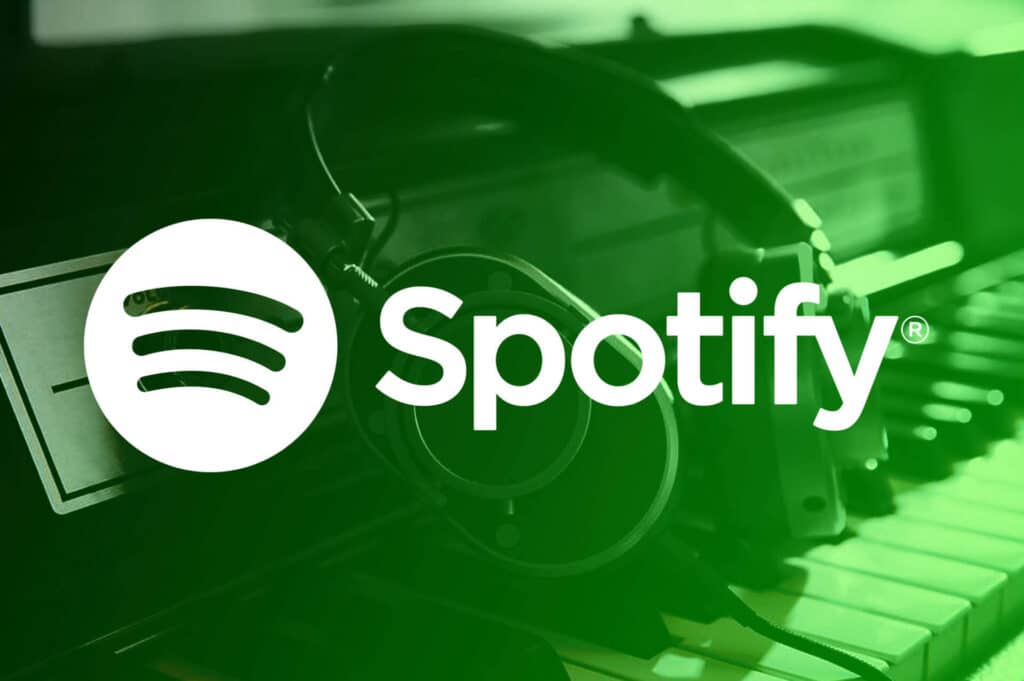1.1K
With “Playlist in a bottle”, there is a new feature for users on the music streaming platform Spotify. The idea is to compile a playlist for the beginning of the next year.
How “Playlist in a bottle” works on Spotify
“Playlist in a bottle” is a feature on Spotify that lets you put together a playlist to start the year. At the beginning of the next year, this will be presented to you as a review on Spotify.
- The playlist is supposed to work like a message in a bottle that you send to yourself. So in January 2024 you will be reminded of January 2023.
- Until 31 January 2023, as a Spotify user, you still have the opportunity to create your own “playlist in a bottle”.
- It is also possible to send this feature via messenger apps. This way you can invite your friends to also create a playlist for the future.
- The function is available in the free version as well as for premium subscribers.
How to create your time travel playlist
Creating your time travel playlist works both in the Spotify app and from your browser.
- Open Spotify in the app or in the browser and click on the banner ad for “Playlist in a Bottle”. Alternatively, follow this link.
- After a short animation, you can start right away. You first have to decide on a digital item in which you want to store your Spotify playlist until next year. You can choose from a “real bottle”, a “tiny pocket on your jeans”, a “chewing gum machine”, a “Tupperware box”, a “teddy bear” and a “small acorn”.
- You will then be shown various categories for which you should choose songs that go with them. Examples include “A song you are secretly obsessed with”, “A song you would pay a lot of money to hear again for the first time” or “A song that is one hundred percent written about you”.
- You can either choose songs yourself or use the random number generator. You should add at least three songs to the playlist, but you can also add more songs. After that, your playlist will be locked in until January 2024.
